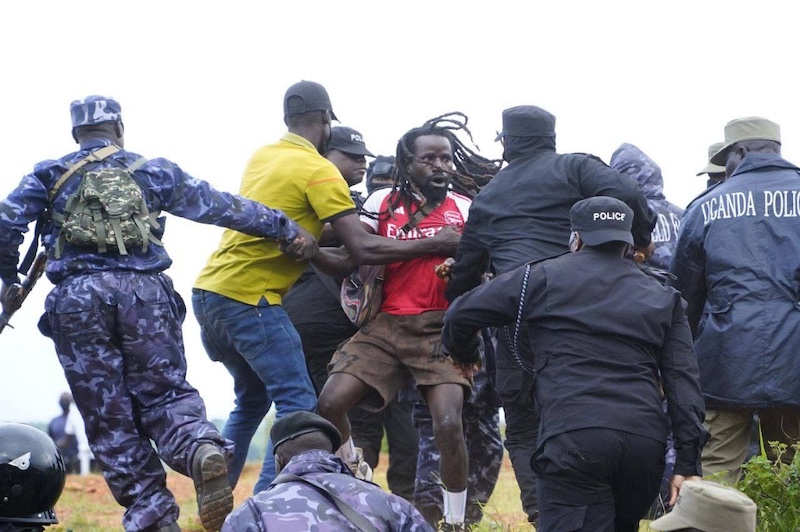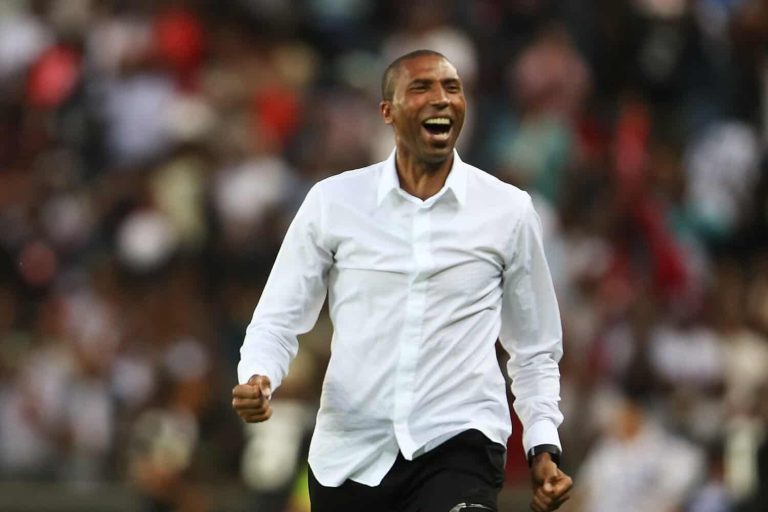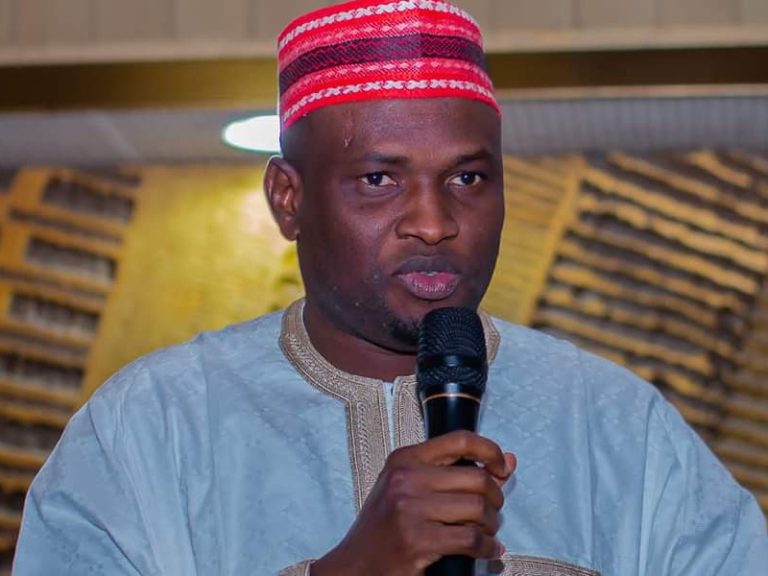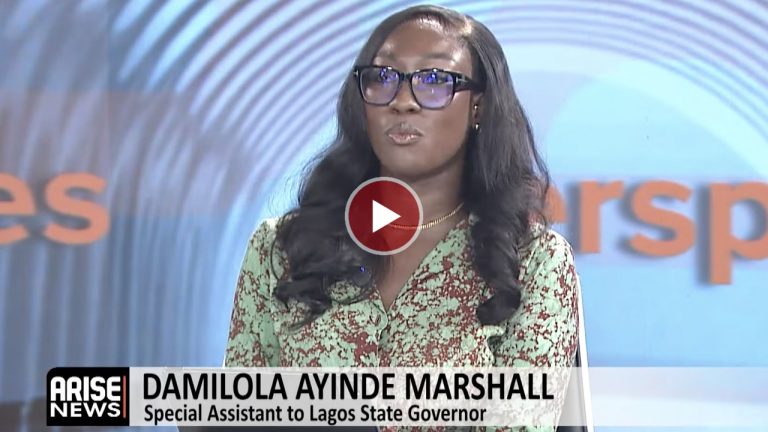
Uganda stands at a crucial juncture, grappling with the integrity of its democratic processes.
As a nation, it is imperative that citizens reflect on the political maturity, the awareness of the citizens regarding the significance of elections, and the ideals that govern the political landscape.
Elections are not merely events marked by the casting of votes; they are a fundamental process that encapsulates the hopes, aspirations, and will of the people. They serve to reinforce the collective right to self-determination, ensuring that every citizen has a voice in shaping the governance of our nation.
However, for democracy to thrive, an equal playing field must be established, a prerequisite that remains elusive in the current electoral climate. Regrettably, the historical context of Uganda’s struggles cannot be overlooked.
The events leading up to President Yoweri Museveni’s rise to power in 1986 revealed acute disparities in electoral fairness—rigged elections, harassment of opposition candidates, and systemic intimidation, continue to echo through the political corridors.
The sad reality that the voices of many are stifled by violence and manipulation is troubling. The National Unity Platform (NUP) headed by Robert Kyagulanyi Ssentamu, exemplifies the ongoing challenges faced by opposition in exercising their democratic rights.
We have witnessed incidents where candidates like Robert Kyagulanyi Ssentamu, faced unacceptable barriers to his political activities. In Kiruhura District, the home of President Museveni, NRM supporters actively prevented Kyagulanyi from addressing rallies.
This led to chaos, road closures, and claims from NRM loyalists that territories were off-limits to him—a stark reminder of the absurdity of silencing opposition. Such actions go against the very principles of democracy and civic engagement that we must uphold.
The persistent harassment of candidates, like Waiswa Mufumbiro, illustrates an alarming trend where the rule of law is selectively applied, often to the detriment of those seeking genuine representation.
It raises a critical question: Why does the ruling party resort to violence and unfair tactics? Do they fear that their ideas lack the robustness to withstand scrutiny and debate? To cultivate a politically mature citizenry, comprehensive civic education is essential.
Voters must be informed about their rights, the electoral process, and the importance of participating in a transparent system. Moreover, the Electoral Commission must act as a guardian of fairness, ensuring that all candidate, particularly those perceived and demonized as enemies, are protected against threats and intimidation.
The notion that Uganda belongs to all its citizens must resonate deeply. Every political entity should be allowed to present its ideas openly and freely, unhindered by the specter of violence or oppression.
As former Tanzanian President Julius Nyerere profoundly stated, “Ideas are never crushed by an axe; they are defeated by superior ideas.” It is through constructive dialogue and the exchange of ideas that we can foster a brighter future for all.
It is time for Ugandans to unite in demanding a political landscape where fairness reigns, and where all voices are heard and respected. This call is not merely for the privilege of a select few, but for the fundamental rights of every citizen.
Every candidate should have the opportunity to advocate for their vision without fear of reprisal or coercion. Politics should be about ideas—may the best ideas triumph and lead us towards a better Uganda. The responsibility lies with every citizen to work together to build a truly democratic nation.



